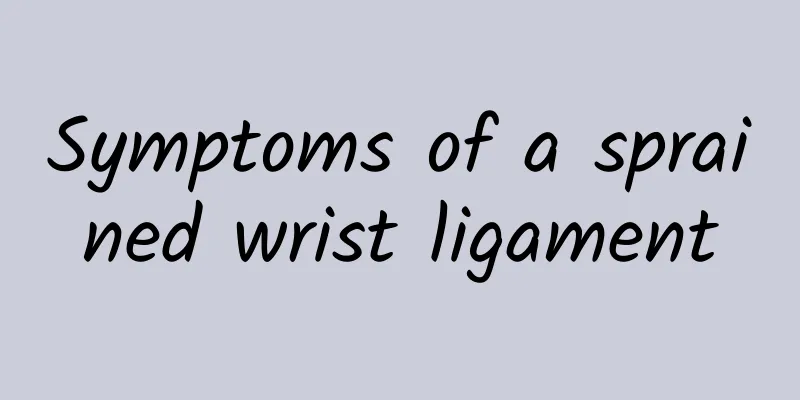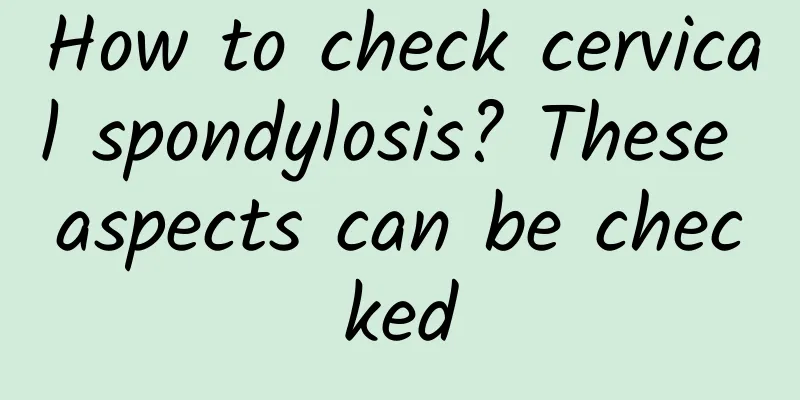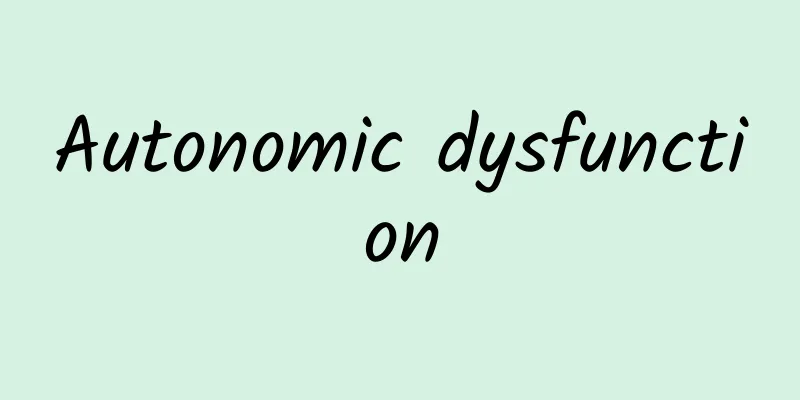Symptoms of cerebral palsy in babies

|
Infant cerebral palsy is actually a very serious problem. If this problem is not solved well, it will affect the child's future growth. Therefore, many parents will be at a loss when encountering this problem and have no idea how to help their children solve it. If you want to do preventive health care more clearly, then you need to understand the symptoms of infant cerebral palsy.
When facing various diseases, we must pay attention to its symptoms. Only by understanding its symptoms can you know whether the problem you are facing now is caused by a certain disease? In this way, you can do a better job of prevention and treatment. 1. Body weakness and decreased spontaneous movements are symptoms of hypotonia and can be seen as early as one month. If it persists for more than 4 months, it may be diagnosed as severe brain damage, mental retardation or muscle system disease. 2. The body becomes stiff. This is a symptom of hypertonia and can be seen in one month. If it persists for more than 4 months, it can be diagnosed as cerebral palsy. 3. Slow reaction and no response when the name is called are early manifestations of mental retardation. It is generally believed that slow reaction at 4 months and no response when the name is called at 6 months can be diagnosed as mental retardation. 4. Abnormal head circumference: Head circumference is an objective indicator of the morphological development of the brain. Children with brain damage often have abnormal head circumference. 5. Poor weight gain and inability to breastfeed. 6. Fixed posture is often caused by abnormal muscle tone due to brain damage, such as opisthotonos, frog position, inverted U-shaped posture, etc. It can be seen one month after birth. 7. Not smiling: If a child cannot smile at 2 months or laugh out loud at 4 months, he or she may be diagnosed with mental retardation. 8. Fist: If the child cannot open the fist after 4 months, or the thumb is adducted, especially on one upper limb, there is an important diagnosis. significance. 9. Body torsion: If a baby aged 3-4 months has body torsion, it often indicates extrapyramidal system damage. The above is an introduction to the symptoms of cerebral palsy in infants. I hope that parents will pay attention to these issues when taking care of their children. When you find that your child has some abnormal behavior, do not ignore it, and actively help them solve and treat it to ensure their healthy growth. |
<<: Causes of cerebral palsy in infants
>>: Symptoms of cerebral palsy in infants
Recommend
How to eat and how much to use Cordyceps sinensis
We all know that Cordyceps sinensis can strengthe...
What to do if your stool is dry and bleeding? Find the cause and prescribe the right medicine
Many people will experience dry and bleeding stoo...
Can patients with myocardial ischemia have sex?
Patients with myocardial ischemia can have an app...
Chinese medicine good for hair
Nowadays, people often suffer from hair loss due ...
What is the reason for the hollow toenails? What should I do if the hollow toenails
In our daily lives, we often affect our physical ...
What to do if blood count is high and fever recurs
There is a close relationship between a baby'...
Painful urination with blood in women
The symptoms of painful and bloody urination that...
Can tangerine peel remove bad breath?
In daily life, many of our friends are lazy, not ...
How long does it take for scarlet fever rash to heal?
In daily life, scarlet fever rash is a relatively...
Best time to test glucose tolerance
Prenatal check-ups are conducted to check some ph...
How to treat closed comedones
Many people often get acne on their faces due to ...
Quick relief of tonsillitis pain
Although people don't pay much attention to t...
What is the cause of rhabdomyolysis in crayfish
Rhabdomyolysis is a relatively common symptom of ...
The harm of early menstruation
If menstruation is always early, it will have a c...
Ginseng's aphrodisiac effect
Male friends all hope to achieve the effect of st...









